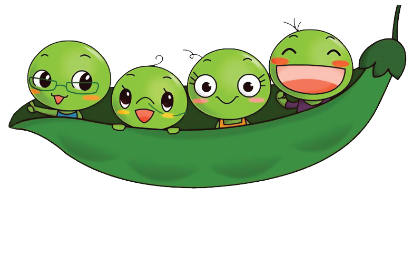Day-to-day life can be more challenging when your child has feeding difficulties. Please know that you are not alone and there are many resources, supports and ideas to help you and your family. The following are some resources on the following topics:
Talking with people involved in your child’s life and care can feel stressful. The following are some suggestions for how you may want to engage them:
Journaling or Creating a Binder
Jot down your thoughts and come up with a reference list of your own commonly asked questions, your child’s diagnosis, medical emergency information and contact information. You could create a custom reference guide such as a binder to give out to friends, family, caregivers and school workers that assist your child. You can create these in fun bright paper colours and use highlighters, stickers, emojis and maybe include a photo or two.
Additional resources:
- Family Health Journal | Alberta Children's Hospital
The Family Health Journal was developed to help families and youth keep track of important health information and prepare for appointments. Included are forms to record medical history, surgeries, clinic visits, important phone numbers, treatments, medications, resources, etc. You are encouraged to use this journal as a way to share information and communicate with members of your child’s healthcare team.
- Keeping It Together | CanChild KIT
KIT is a tool to organize information for your child and to assist you when interacting with different services, for example health, education, and recreation.- Infants & Children KIT
- Youth KIT (for teenagers & young adults)
Create a comfortable atmosphere
Try to set a time and place to talk to friends and family in an atmosphere where you can all feel comfortable. Maybe it’s a nearby café, wellness facility, or at home over a cup of tea. Some people find it easier to talk when they are doing activities like playing a board game or doing chores.
Family Care Map
A Care Map is simply a drawing, a visual representation of a family’s care network.
- Everyone can create their own care map. It is not specific to caregivers and families of complex children.
- A care map can include people, pets, professionals and places and their relationships of care.
- A care map can give families new insights about their own personal situation, their relationships and can support the development of new skills and comfort in speaking with others about care.
Tools & Templates
There are also a number of tools and templates that you can help you to talk about your family's goals and to come up with a collaborative Feeding Care Plan when involving others in the care of your child.
Additional Resources for families with tube fed children
You could also share the following resources with family and caregivers:
- For Parents handout | Feeding Tube Awareness Foundation
- Navigating Life | Feeding Tube Awareness Foundation
- Answering the Tough Questions | Feeding Tube Awareness Foundation
- Family & Friends | Feeding Tube Awareness Foundation
- Daycare and Childcare | Feeding Tube Awareness Foundation
- Feeding at School | Feeding Tube Awareness Foundation
- Resources for the Provision of Nutrition Support to Children in Educational Environments | American Society for Parenteral and Enteral Nutrition (ASPEN)
- The Sibling Support Project is an organization specifically designed for the siblings of children with special needs.
- This website includes tips on making sure siblings get enough attention and support, and offers ways to include them: https://www.feedingtubeawareness.org/siblings/
- Some people find using a stuffed animal, a doll, or a book helps with emotional support and conversation. Some companies will make a doll to have the same medical devices like your child.
https://www.feedingtubeawareness.org/dolls-stuffed-animals/
